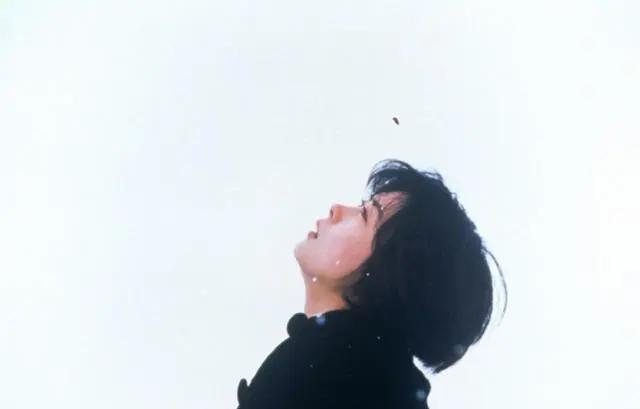Remembering Nakayama Miho: A Japanese Icon's Tragic End
Japanese actress Nakayama Miho, best known for her role in ‘Love Letter’ and acclaimed performances spanning four decades, was found dead in her bathtub at age 54 in Tokyo. Her remarkable career and complex life story exemplify both artistic brilliance and personal struggles.

The sudden passing of Nakayama Miho, one of Japan’s most beloved actresses, marks the end of an era in Japanese entertainment. Found deceased in her bathroom in Tokyo’s Shibuya district on December 6th, the 54-year-old star left behind a legacy that transcends her tragic end.
Nakayama’s journey to stardom emerged from difficult beginnings. Born into poverty, her parents divorced when she was just three years old. Her mother, struggling to make ends meet, sent young Miho between relatives' homes. This unstable childhood was further scarred by a near-kidnapping incident at age eleven, an experience that would shape her perspective on life and relationships.
Despite these early hardships, or perhaps because of them, Nakayama channeled her energy into building a remarkable career. Her breakthrough came in 1985 at age 15, when a talent scout discovered her on the streets of Tokyo. She quickly rose to prominence, becoming one of the “Four Queens” of Japanese entertainment in the late 1980s alongside Koizumi Kyoko, Minami Yoko, and Asaka Yui.
Her portrayal in the 1995 film “Love Letter” cemented her status as a cultural icon. The scene where she stands in falling snow, calling out “How are you, Fujii Itsuki?” became one of Japanese cinema’s most memorable moments. The performance earned her multiple awards, including the prestigious Blue Ribbon Award for Best Actress.
Throughout her career, Nakayama demonstrated remarkable versatility, excelling in both dramatic and musical pursuits. Her songs topped the Oricon charts, while her acting continued to garner critical acclaim. The 2000 film “Tokyo Biyori,” directed by Takeshi Kitano, showcased her enduring talent and earned her the Japan Academy Prize for Best Actress.
Her personal life, however, reflected the complexities that often accompanied her professional success. Her relationships, particularly with singer Toshiya Tanaka and later with musician Yoshima, made headlines but ended painfully. Her marriage to writer Tsujimoto Makoto in 2002 initially seemed promising, but ended in divorce after twelve years.
Yet through all the turbulence, Nakayama maintained a resilient spirit. In an interview with Numero TOKYO magazine, she expressed her life philosophy: “Live without regrets.” This attitude carried her through numerous challenges and reinventions, including a successful comeback in 2016 with the drama “The Love of the Virtuous” at age 50.
Nakayama Miho’s influence extended beyond entertainment. She became a symbol of resilience and grace in Japanese culture. Even fifteen years after “Love Letter,” surveys showed young women still considered her their ideal of beauty and elegance. Her ability to maintain dignity and artistic integrity while navigating personal challenges earned her lasting respect in Japan’s entertainment industry.
Her untimely death leaves a void in Japanese culture, but also a rich legacy of artistic achievement and personal courage. From her early struggles to her final years, Nakayama Miho demonstrated that true artistry comes not just from talent, but from the ability to transform life’s hardships into something beautiful and meaningful.